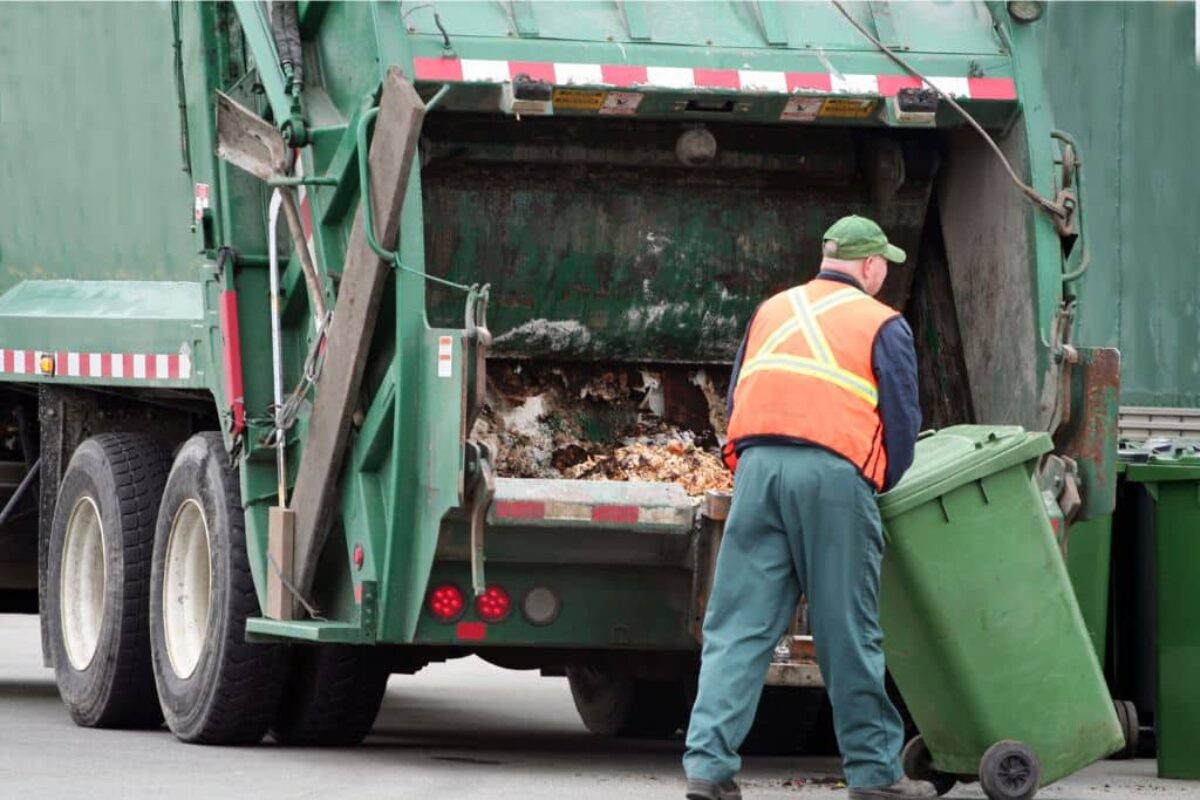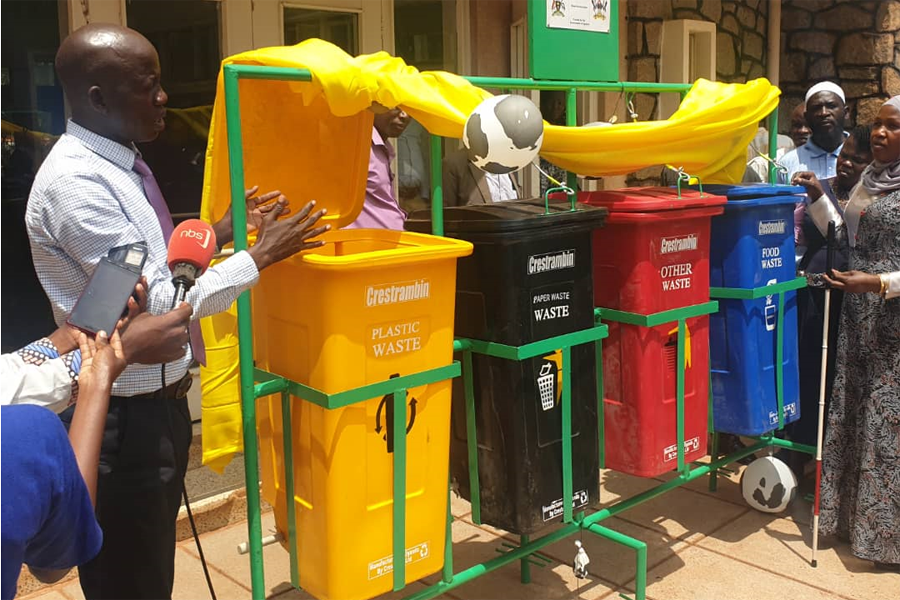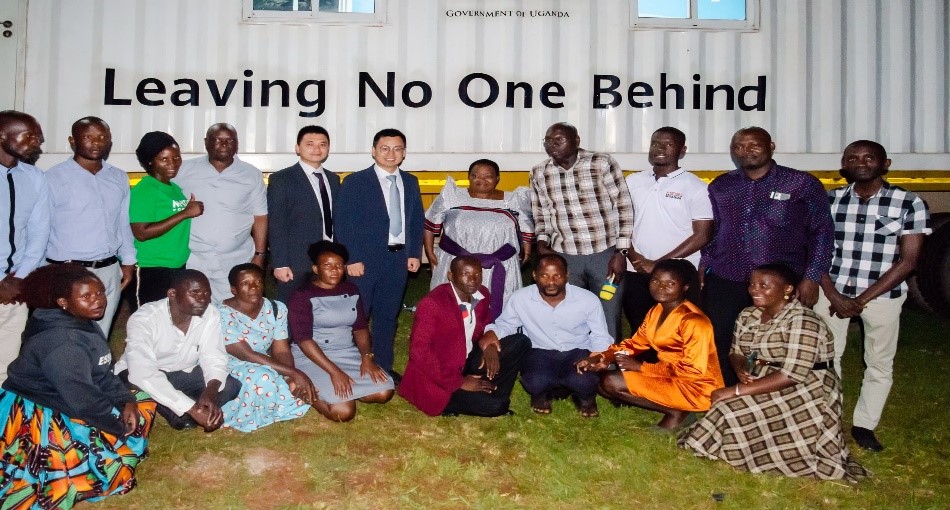Carbage: The Innovative Solution to Vehicular Waste

In a world where environmental concerns are at the forefront of public discourse, a groundbreaking solution has emerged to tackle the issue of vehicular waste: carbage. This innovative concept, blending "car" and "garbage," is revolutionizing the way we think about sustainable transportation and waste management.
Carbage, also known as vehicular composting, involves utilizing organic waste generated by vehicles to produce nutrient-rich compost. This waste typically includes food scraps, paper products, and other biodegradable materials discarded within cars during daily commutes or road trips. Instead of ending up in landfills or polluting the environment, these materials are collected and processed to create compost that can be used to enrich soil and promote plant growth.
Keep Reading
The benefits of carbage are manifold and far-reaching. Firstly, it significantly reduces the environmental footprint of automobiles by diverting organic waste from traditional disposal methods. Landfills, which are major sources of greenhouse gas emissions, receive less organic matter, leading to reduced methane production and mitigating climate change effects.
Moreover, carbage contributes to the circular economy by transforming waste into a valuable resource. The compost produced through this process can be utilized in various applications, such as urban agriculture, landscaping, and soil remediation projects. By closing the loop on organic waste, carbage fosters a more sustainable and resource-efficient society.
Furthermore, carbage promotes cleaner and healthier air quality by reducing the amount of rotting organic matter in landfills. Decomposing waste releases harmful gases like methane and ammonia, contributing to air pollution and respiratory ailments. By composting organic waste from vehicles, carbage helps mitigate these negative impacts and creates a healthier environment for communities.
Additionally, carbage encourages a shift towards more eco-conscious consumer behaviour. Drivers become more aware of the waste they generate while on the road and are incentivized to minimize it through recycling and composting practices. This heightened environmental awareness fosters a culture of sustainability and responsible consumption, which is crucial for addressing global environmental challenges.
The implementation of carbage initiatives is gaining momentum worldwide, with governments, businesses, and environmental organizations recognizing its potential benefits. Pilot programs and research projects are underway to explore the scalability and feasibility of integrating carbage systems into existing infrastructure. These efforts aim to establish carbage as a standard practice in the automotive industry and contribute to the transition towards a circular economy.
In conclusion, carbage represents a paradigm shift in the way we approach vehicular waste management, offering a sustainable solution that benefits both the environment and society at large. By harnessing the power of organic waste, carbage paves the way for a greener and more resilient future, one compost pile at a time.



















